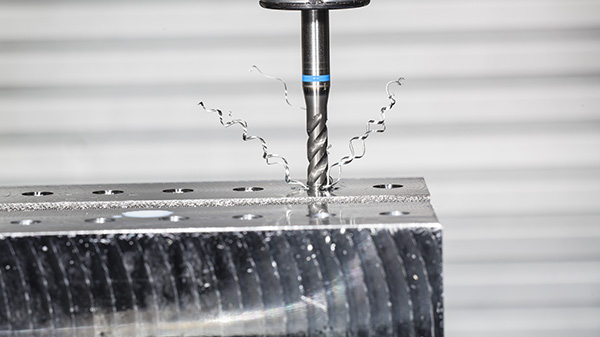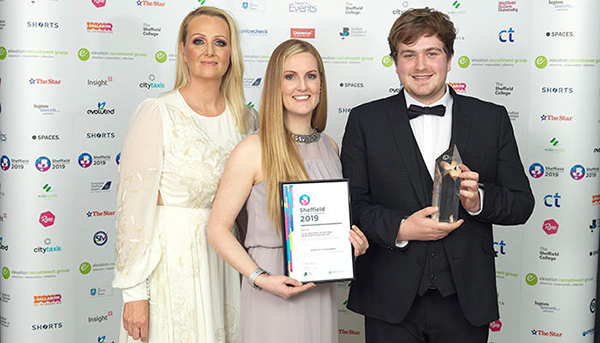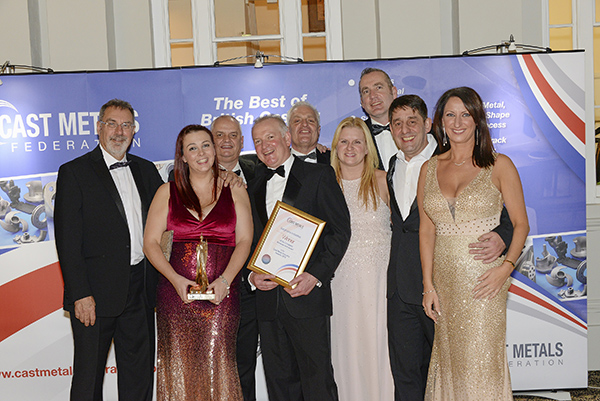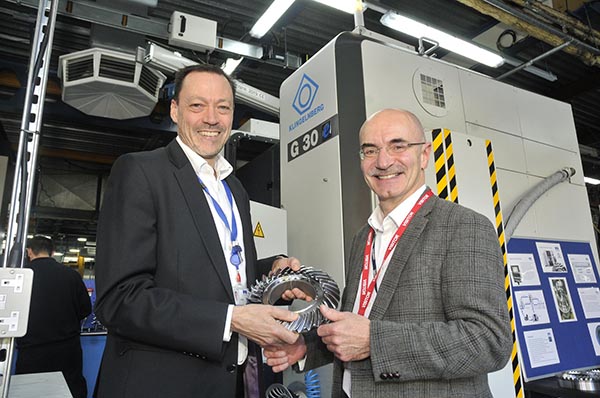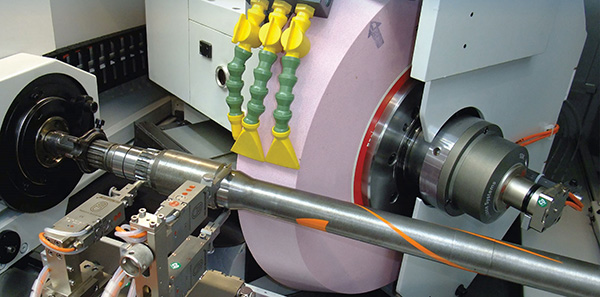Tooling specialist Dormer Pramet has upgraded the way it presents product data descriptions and workpiece material groups (WMGs) across its entire assortment of cutting tools.

The company is introducing standard tooling data, such as diameters and lengths, according to ISO 13399, allowing for easier and faster exchange of information between computer systems and software. ISO 13399 features a total of 133 parameters, covering a wide range of cutting tools, helping to support manufacturing planning, machining operations and product supply.
In supporting a common language in its descriptions, Dormer Pramet will save customers and partners a significant amount of time, offering easier data gathering across its 40,000 solid and indexable tools. In addition, the company is providing a greater level of detail than ever before on its WMGs. Helping customers to find the right tool for the application and supporting the machining process, this change is also based on the commonly used ISO standard. However, it is taken a step further as it includes recommended starting values for speed and feed.
Dormer Pramet now provides three levels of data for each of its products within the newly devised WMG structure. The WMG structure features the standard ISO material definitions, based on the six coloured groups, plus additional classifications on material structure, composition, hardness and ultimate tensile strength. The newly created standard and improved WMG data has been implemented in all of Dormer Pramet’s product material published from November 2019 onwards.
For further information www.dormerpramet.com






